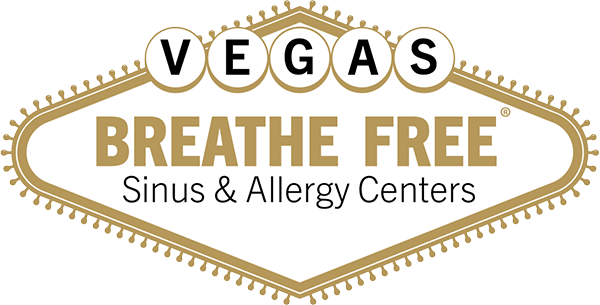We have all seen those commercials that advertise “new and improved ways” to get a good night’s sleep and snore less. For some people, multiple tricks and gimmick products provide no relief. There is hope but it lies at the root cause of the snoring.
What is Snoring?
Snoring is the sound made by vibrations in the relaxed tissues of one’s throat and nose as they breathe during sleep. Most of us experience snoring to some extent, but for more severe cases, it can pose a real problem. Sometimes, severe snoring is linked to Obstructive Sleep Apnea (OSA). OSA is expressed as loud snoring followed by moments of silence where breathing completely or nearly stops. It causes disruptive sleep for the person dealing with and the person listening to it. It is more than just sonically annoying, however, as it can lead to unsatisfactory rest, obesity, and hypertension.
What are the Symptoms?
Typically, a person won’t be able to hear themselves as they sleep, but there are some signs and symptoms that can be good indicators of a snoring problem.
- extreme daytime sleepiness
- morning headaches
- sore throat in the morning
- constantly waking up at night
- gasping in one’s sleep
- high blood pressure
- chest pain
disrupting the people sleeping near you.
What Causes Snoring?
Snoring can be caused by several factors. To find the best way to help the individual case, a person must look into their root cause(s). Causes can include being overweight, have a smaller airway, nasal problems, or even have a family history of snoring or obstructive sleep apnea. The most common causes of snoring are the anatomy of one’s mouth or sinuses, sleeping position, alcohol consumption, or lack of sleep.
What Can Help?
Depending on the level of severity, several steps can be taken to eliminate or diminish snoring. Very simple solutions, like making slight changes in their diet, cutting out alcohol before going to bed, or changing their sleeping position, can have positive results. There are also always new things coming to the market that people claim to help stop snoring; from nasal strips to help open their airways, to an anti-snoring mouthpiece (which vaguely resembles an athlete’s mouthguard). Be careful about news flashes and gimmicks, there are many things out there for sale that do not actually work.
Some people benefit from a machine that helps them to breathe correctly at night called a Continuous Positive Airway Pressure (or C-PAP) machine. It is prescribed to those who have been diagnosed with sleep apnea and is used to keep your oxygen levels high all night so that you do not wake up; providing one with a better night’s sleep. It is noninvasive, and the side effects are mostly minimal where the dry nose and sore throat are the most common.
In terms of procedures, one would need to have a medical exam to determine what the cause of their snoring is. If sinuses are what is causing the problem, there are easy to go through procedures like balloon sinuplasty (not surgery) that can help open the sinuses. This allows greater airflow through the nose and helps to prevent mouth-breathing at night, which increases the risk of snoring. It is noninvasive, and people recover in one day.
Get a Good Night’s Sleep
If you or someone you know snores, just know that there are steps that can be taken to help relieve it or diminish it. Get to the root cause and find out what options will be best for each person. After all, nothing beats a good night of sleep.


